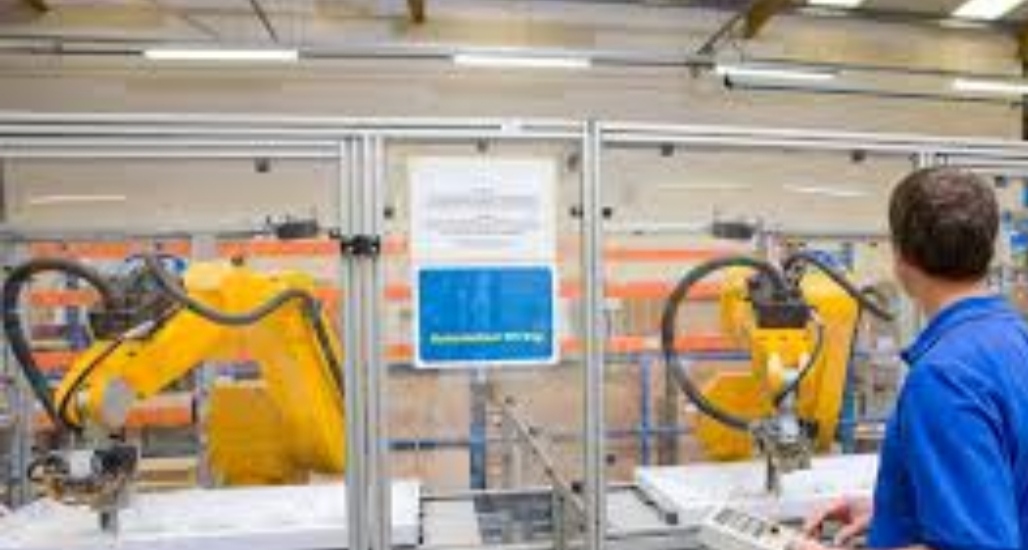Encourage professional development: Encourage the employee to seek out opportunities for professional growth and skill development that align with the requirements of the desired promotion. This may include taking relevant courses, attending workshops, or obtaining certifications to enhance their qualifications.
Provide feedback and performance reviews: Regularly provide constructive feedback on the employee’s performance and areas for improvement. Conduct formal performance reviews to assess their progress, strengths, and areas for growth. Offer guidance on how they can further develop their skills and expertise to be considered for a promotion.
Set clear expectations: Clearly communicate the expectations and responsibilities of the role they are aspiring to, including the skills, experience, and performance standards required for the promotion. Provide feedback on the specific areas they need to focus on to meet those expectations.
Offer challenging assignments: Provide opportunities for the employee to take on challenging assignments or projects that allow them to demonstrate their skills and potential for higher-level responsibilities. This can help them gain relevant experience and showcase their capabilities to decision-makers.
Support their goals: Show genuine interest in the employee’s career goals and aspirations. Offer guidance and support in aligning their career development plans with the organization’s goals and strategies. Help them identify opportunities for growth and advancement within the company.
Advocate on their behalf: If you believe an employee is deserving of a promotion, advocate for them to the relevant decision-makers, such as their manager or the HR department. Provide evidence of their achievements, skills, and contributions to the organization.
Encourage self-advocacy: Encourage the employee to express their interest in a promotion and articulate why they believe they are suitable for the role. Help them prepare for discussions or meetings related to their promotion, such as by providing guidance on how to effectively communicate their qualifications and achievements.
Be patient and respectful: It’s important to remember that not all employees may be ready for a promotion at the same time or may have different career goals. Respect their choices and decisions, and do not push or pressure them if they are not interested in pursuing a promotion at the moment.
It’s crucial to approach the promotion process fairly and objectively, and to consider the overall needs of the organization as well as the qualifications and readiness of the employee. Promotions should be based on merit, performance, and suitability for the role, and not solely on personal preferences or relationships. Always follow the organization’s policies and procedures for promoting employees and seek input from relevant stakeholders as appropriate.




